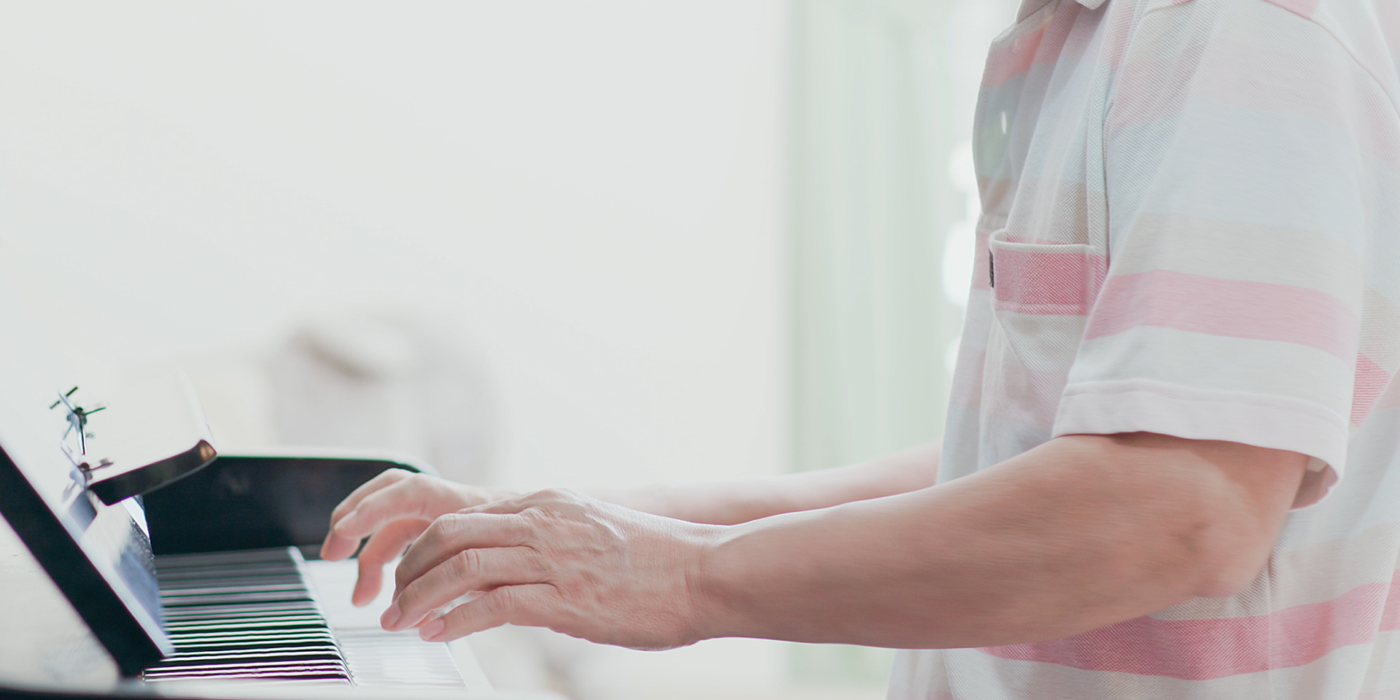Working with the elderly and how to make your day together successful:
Music
We want to openly share with the family members of the elderly some ideas about the ways you can make your day successful. This time, in our section: Working with the elderly, we discuss the benefits of using music in different ways.
Music can be used for the benefit of the elderly in several ways. Here are some examples:
- Improving mood: Music has the power to evoke strong emotional responses in people, and it can help boost mood and reduce feelings of depression and anxiety. Playing uplifting or nostalgic music can help improve the mood of elderly individuals.
- Stimulating memories: Music is closely linked to memory, and listening to songs from the past can help elderly individuals recall positive memories and experiences. This can be especially beneficial for individuals with dementia or Alzheimer’s disease.
- Reducing stress: Music has a calming effect on the body and can help reduce feelings of stress and anxiety. Playing soothing music during stressful situations, such as medical appointments or caregiving tasks, can help elderly individuals feel more relaxed.
- Promoting physical activity: Music can also encourage physical activity and exercise. Playing upbeat music during chair exercises or dance routines can help elderly individuals stay active and improve their overall health and well-being.
- Enhancing social connections: Music can bring people together and improve social relationships. Singing or playing music with others can help elderly individuals feel more connected and engaged with their community.
In summary, music can benefit the elderly by improving mood, stimulating memories, reducing stress, promoting physical activity, and enhancing social connections. Incorporating music into daily routines and activities can provide a range of benefits for elderly individuals.

Jussi Peltonen
Chair of the board
Hovi Care

